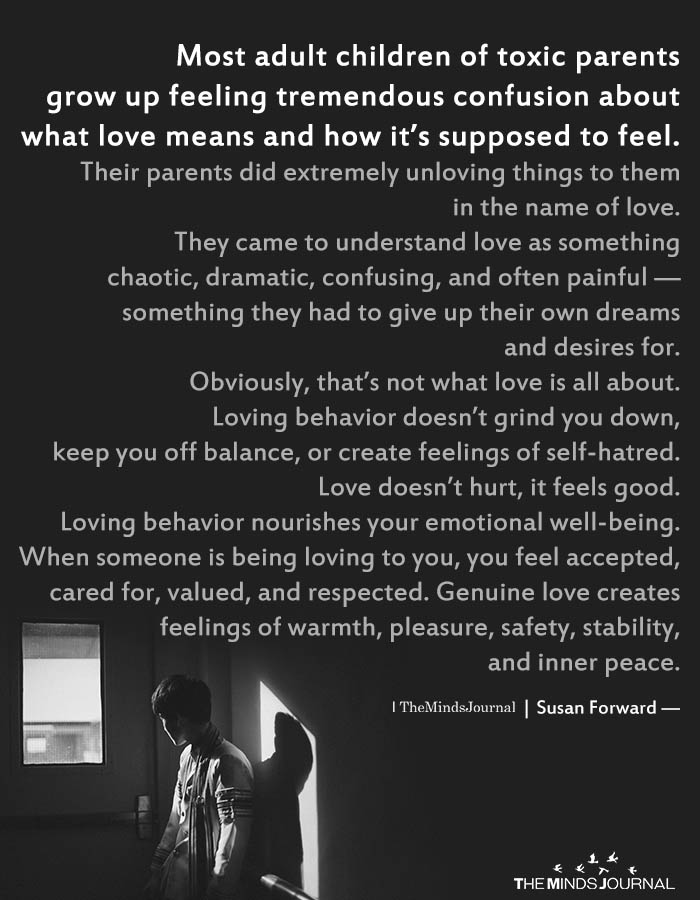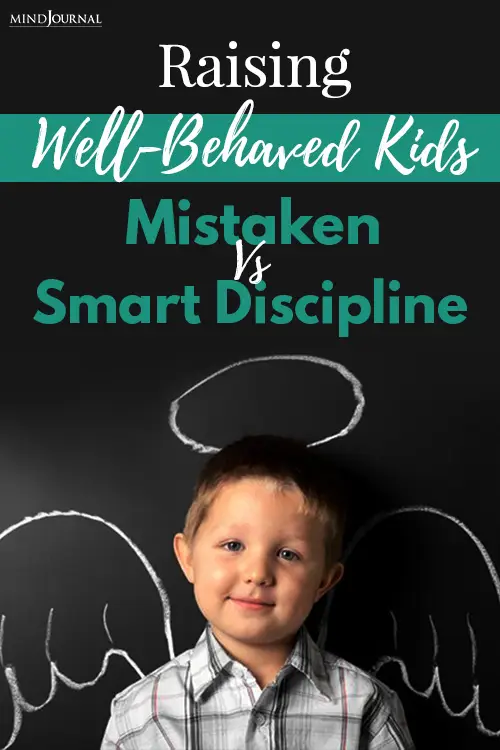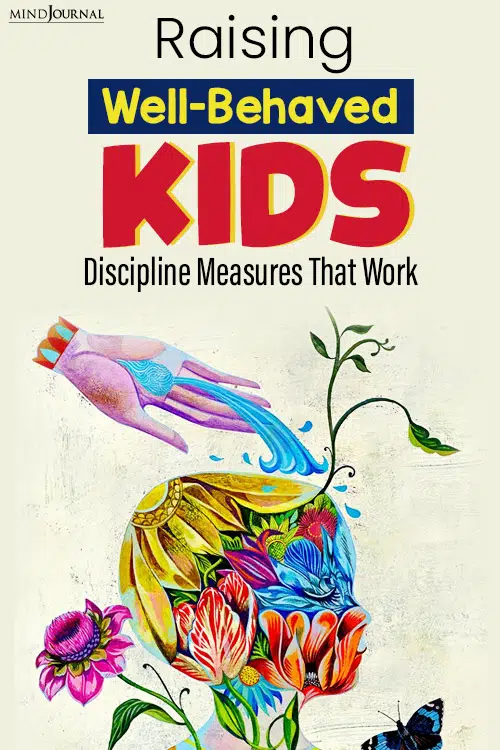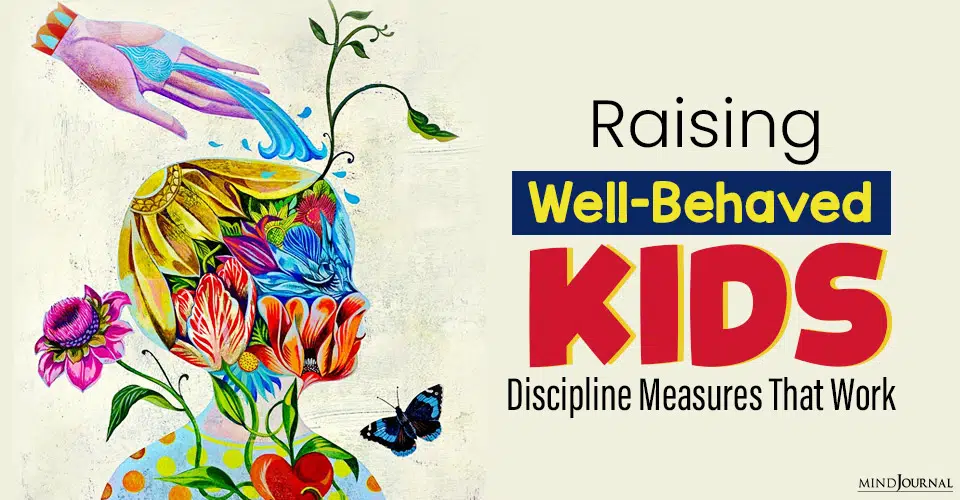Raising well-behaved kids can be a challenging thing for every parent out there. What you should do, and should not do plays a huge part in ensuring whether you end up with well-behaved kids or not.
Let’s start with what not to do.
Spanking children has been going out of fashion. Yet is it true that spanking is such a bad idea? Many parents do believe that physical punishment makes their children more compliant and better behaved. At the same time, a newly published book from the American Psychological Association details the serious costs of this discipline method. The book, which is by Gershoff and Lee, is called Ending the Physical Punishment of Children.
Related: The 4 Common Parenting Styles and Their Effects on Kids
Spanking Research
The new APA book details several decades of research on parents’ use of physical punishment. Clearly, physical punishment, including spanking, is ineffective. It wins the battle but loses the war. Spanking predicts worse and worse behavior over time (Altschul, Lee, & Gershoff, 2016; Gershoff & Grogan-Kaylor, 2016; Gershoff, Lansford, Sexton, Davis-Kean, & Sameroff, 2012).
Instead of teaching children to behave better, the more that children are physically punished, the more aggressive they become and the more behavior problems they are likely to develop. It’s a case of “Do as I do rather than do as I say.”
At further age, physically disciplined children suffer more mental health problems like anxiety, depression, excessive anger, and character disorders. Physically disciplined children also do worse on tests of cognitive ability (Gershoff & Grogan-Kaylor, 2016).
Here’s yet another negative side effect—physical disciplinary measures teach children to develop what psychologists refer to as external locus of control. That is, as long as authority figures are nearby, physically punished children conform to what they know will not lead to being hit. Once out of sight of potential punishment-givers, however, they may feel free to behave badly—bullying other kids, for example.
By contrast, children whose parents do not spank or physically punish them develop an internal locus of control. That is, they develop an internal sense of right and wrong for deciding what they will and will not do. The presence of adults who might punish them is not necessary for them to behave well.

Methods That Are as Bad—or Worse
Alas, far too many parents slap negative labels on their children. Negative labels, especially combined with an angry tone of voice, are verbal abuse.
Angry voices plus poisonous words like lazy, stupid, and selfish can create self-fulfilling prophesies, as children tend to try to prove their parents right: “Call me dumb and I’ll act that way.” In addition, for the rest of their lives, these children are likely to use the same negative words themselves when they make mistakes. Psychologist Haim Ginott’s classic parenting book Between Parent and Child gets credit for clarifying this far-too-common parenting error.
Related: 25 Signs of A Controlling Parent And How To Cope With Them
Discipline Measures That Work Without Doing Harm
As I describe in detail in this and in a second earlier PT post, prevention and distraction are consistently winning strategies for getting kids to behave well.
1. Prevention
Prevention with younger children means feeding them often, making sure they get enough sleep, and ensuring that they have constructive activities to ward off boredom. Hunger, tiredness, and boredom are the three most common precursors of misbehavior in young children.
For older children, prevention also includes talking with them about what they need to do and why. Explaining ahead of time instead of criticizing them after they have made mistakes effectively programs children to be well-behaved.
2. Distraction
Distraction refers to turning attention to more constructive activities when children’s behaviors are getting off-track. Siblings beginning to fight? “Hey kids, look what I have here! Let’s …!”
3. Separate children from a situation they can’t handle.
Here’s another essential discipline principle. If kids are fighting over a toy, remove the toy. If children or teenagers—and adults as well—start yelling, suggest to them please to go to their quiet space (usually their bedroom) so they can calm down.
That is, either remove the situation (e.g., the contested toy) or the participants from the scene as soon as you hear even the first sounds of angry voices or fighting.
4. Establish effective routines
Yet another discipline technique. Effective routines (which is a form of prevention) for likely-to-be-problematic situations. For instance, to prevent anger eruptions, establish that kids will go to their quiet space to calm themselves when they are getting upset. They then can return to “the situation they couldn’t handle” when they feel ready to deal with the problem from the calm zone.
When transition times prove to be difficult, re-think these routines. If morning getting-ready-for school rushing around, for instance, provokes upsets, figure out new routines that will sustain calm. The same with coming to the table for meals, as well as bedtimes.
Mistakes are for learning, not for punishing.
Establishing more effective routines has an added benefit. The process of responding to difficulties with devising new action plans clarifies for your children that mistakes are for learning. Yes, mistakes are not for punishing; they are for learning.
5. Problem-solving
Building new routines in response to upsets that happen frequently at similar daily times also models awareness that irritation and anger signal that there is a problem somewhere, and problems are for solving. Problem-solving lies at the core of how to sustain well-being.
Shared problem-solving via calmly talking together, for instance, prevents and resolves relationship problems. Now there’s an essential skill to model for your children! Monkey see monkey do. The same is true for children: Children see, children do.
Related: Ask These 6 Questions Daily To Raise Mentally Strong Kids
The Bottom Line
Parents are responsible for teaching their kids how to become well-behaved teens and mature adults who talk over differences cooperatively with others instead of acting mad, bad, or sad to get their way.
Note that the keyword here is teaching. Discipline comes from the word disciple. Discipline is about teaching, not about punishing.
In sum, physical and verbal violence signal that a parent’s discipline techniques are misguided, based on punishing instead of on teaching. Developing a new repertoire of techniques that are both less harmful and more effective increases the odds that your kids will turn out great, and that everyone in your family will thrive.
Written By Susan Heitler Originally Appeared In Psychology Today










Leave a Reply
You must be logged in to post a comment.